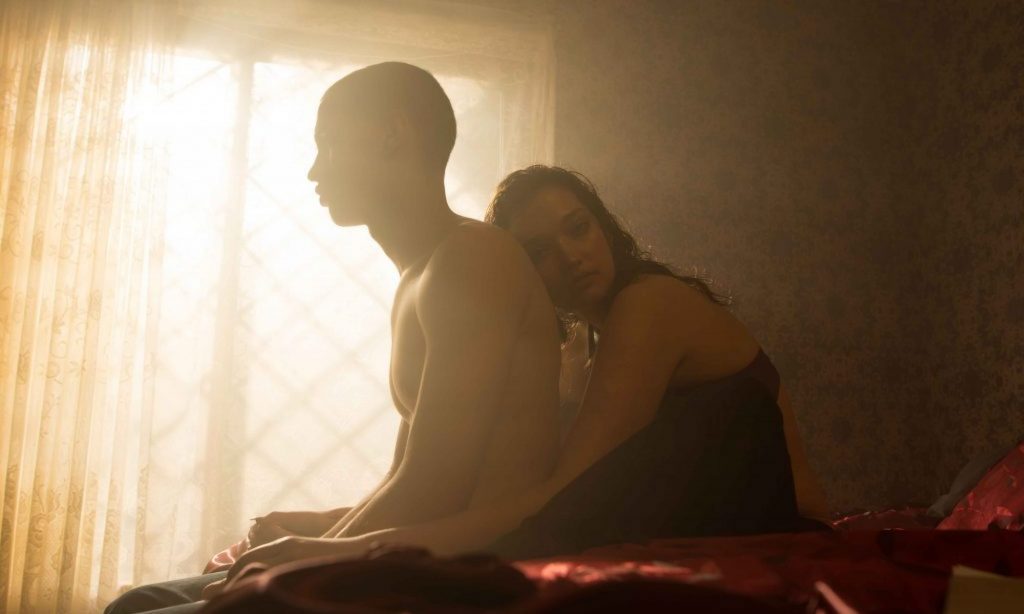Aprox a month ago a very powerful and tru song came out in Chile. This anthem was written by a feminist group called LASTESIS from Chile and it got everyones attention. It spread to Perú, then other countries from Latinoamerica and almost five days ago I saw it was sang in Europa, the states, India and more.
While hearing this song I was thinking about the relationship with the clothing. This is actually more than a song. Its and anthem, a performance, a protest it is everything for us. In Perú like in other countries from Latinoamerica the point of this, is to stop gender violence or at least to draw the attention of the government and the society.
When you go and see the performance you see a very important clothing role. First, you see a garment (I will call it garment) that covers the eyes of all the women. It is a transparent black fabric and it represents that this is not an individual protest but it is a collective one. It also means women are protesting not only for them, but for all the women that have been affected.
The second thing is the clothing. The collective ask you to come dressed like you are going out in the night. Glitter, glam, colorful garments is what you see in the streets while they are singing the anthem. The last thing they ask you to bring is the green scarf that is the representation of legal abortion.
“And it wasn’t my fault, where I was, or how I dressed.”

I flew back home the first of December and I could go to the protest but I talked with some persons that did and they said it was a very powerful day.
“The song is about the worse forms of gender violence: femicides, disappearances, rapes that are all difficult to trace because they are buried under a layer of silence. And silence, in all these cases, is the worst possible scenario you can imagine.” (Catalina Venegas)
Part of the anthem in english
Patriarchy is a judge who judges us for being born
and our punishment is the violence you don’t see.
It’s femicide, impunity for my murderer,
it’s disappearance, it’s rape.
And it wasn’t my fault, where I was, or how I dressed.
The rapist is you, the rapist is you.
It’s the police, the judges, the state, the president.
The oppressive state is a macho rapist.
